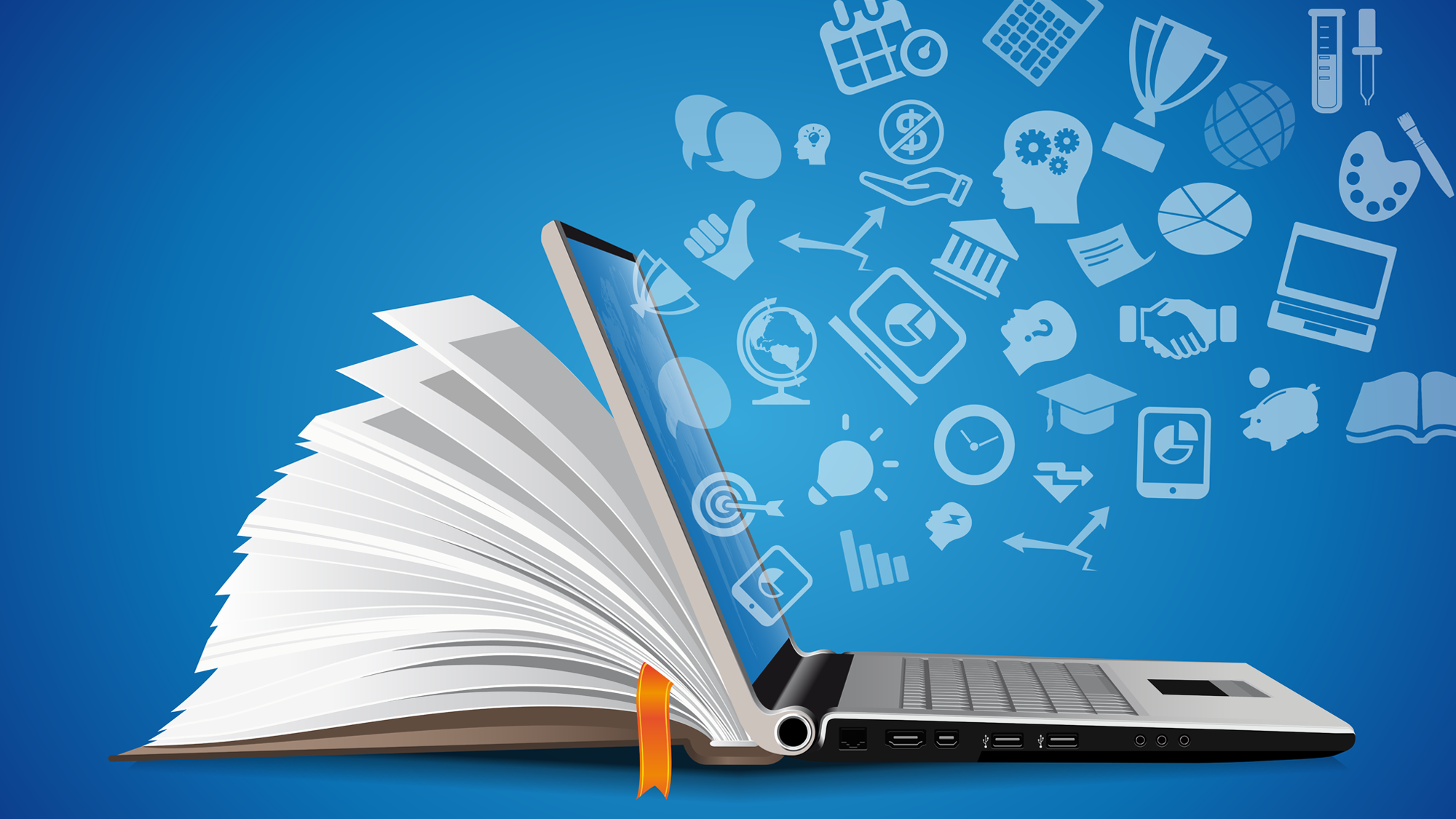What are Educational Resources
Educational resources are materials that are used to support learning. They can be in a variety of formats, including books, articles, websites, videos, software, and games. Educational resources can be used in a variety of settings, including schools, libraries, homes, and workplaces.
There are many different types of educational resources available. Some of the most common types include:
- Textbooks: Textbooks are a traditional type of educational resource. They typically provide comprehensive coverage of a particular subject area.
- Articles: Articles are shorter than textbooks, but they can provide more in-depth information on a specific topic.
- Websites: Websites are a convenient way to access educational resources. They can provide information on a wide range of topics, and they can be updated regularly.
- Videos: Videos can be a great way to learn new skills or concepts. They can also be used to supplement traditional textbooks.
- Software: Software can be used to learn a variety of skills, including math, science, and language arts.
- Games: Games can be a fun and engaging way to learn. They can also help to develop problem-solving and critical thinking skills.
When choosing educational resources, it is important to consider the following factors:
- The learner’s needs: What are the learner’s interests and learning style? What are their strengths and weaknesses?
- The learning objectives: What are the learner’s goals for the learning experience? What knowledge and skills do they want to acquire?
- The format of the resource: What format is the learner most likely to engage with? Do they prefer text, video, or interactive activities?
- The quality of the resource: Is the resource accurate and up-to-date? Is it well-written and engaging?
There are many different sources of educational resources. Some of the most common sources include:
- Schools: Schools typically have a library or media center that houses a variety of educational resources.
- Libraries: Libraries have a wide variety of educational resources, including books, articles, videos, and software.
- Online resources: There are many websites that offer educational resources. Some of the most popular websites include Khan Academy, TED-Ed, and Coursera.
- Government agencies: Government agencies often produce educational resources. For example, the US Department of Education has a website that provides educational resources on a variety of topics.
Educational resources can be a valuable tool for learning. By choosing the right resources and using them effectively, learners can achieve their educational goals.
Here are some additional tips for using educational resources effectively:
- Set clear learning goals: Before you start using an educational resource, it is important to set clear learning goals. What do you want to learn from the resource?
- Be an active learner: Don’t just read or watch the resource passively. Instead, interact with the resource and take notes.
- Take breaks: Don’t try to learn too much at once. Take breaks to review what you have learned and to ask questions.
- Find a study buddy: If you are struggling with a particular topic, find a study buddy who can help you.
- Use multiple resources: Don’t rely on just one resource. Use a variety of resources to get a well-rounded understanding of the topic.
By following these tips, you can use educational resources effectively and achieve your learning goals.





